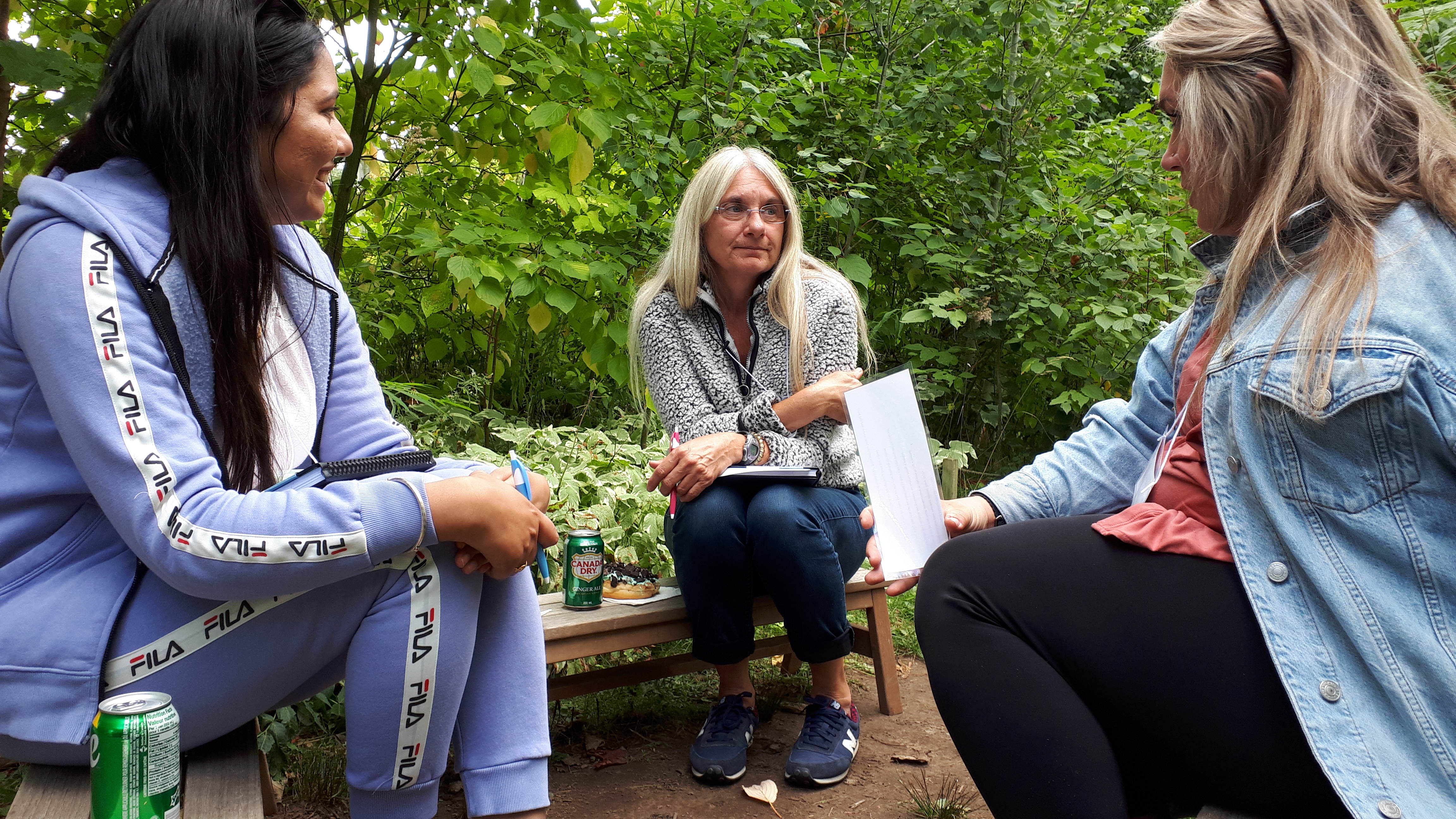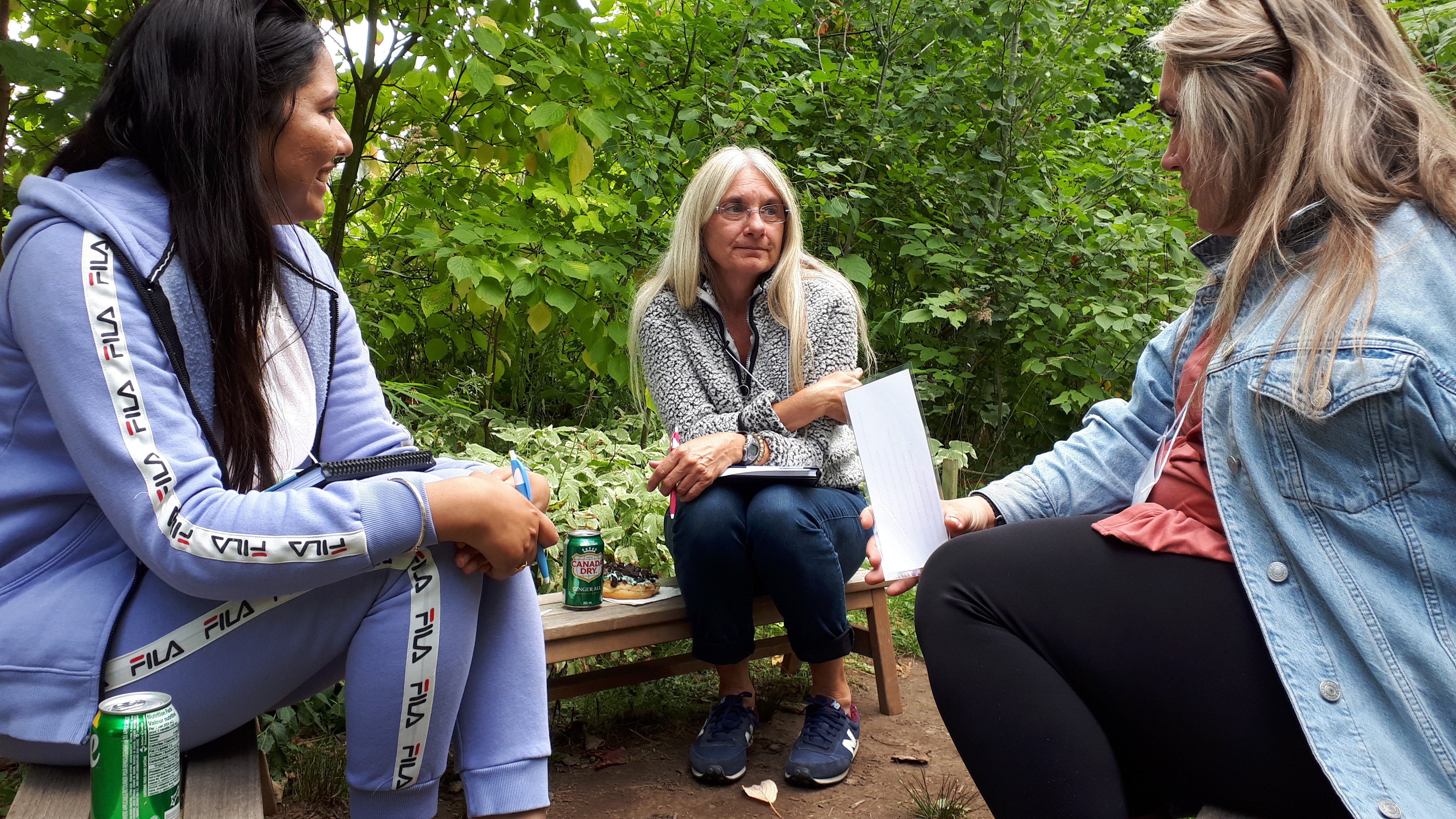
Over the past five years, we have worked with thousands of educators across the country supporting them with their professional development goals. One common question we get from educators, leaders, and administrators is: why don’t people want to go to professional development anymore?
There is a lot to unpack here and I have some theories. If you are wondering how to reignite engagement during professional development, here are some perspectives to consider.
I always feel like I have a responsibility to look at these questions from different perspectives. We owe that to educators, children, and families. As a pedagogical leader, I have a responsibility to hold a strong image of educators so the statement of “educators do not want to go to professional development” bumps up against this strong image that I hold. I have to wonder if we are not asking the right questions and making unfair assumptions about the lack of engagement in professional learning. This question is important to be sitting with for longer periods of time and deserves diverse perspectives. If we really care about the purpose of early childhood education, then we have a responsibility to care deeply about the role of professional development.
I wonder…what is the purpose of professional development in 2023? What conditions should we consider when creating professional development opportunities? 
The first thing that comes to mind when I dissect this statement is a quote we often hear when we are working with children. “When a flower doesn’t bloom, you fix the environment in which it grows, not the flower” (Alexander Den Heijer). As a leader myself, I sometimes think we can get caught up in the blind spot trap. What I mean by this is…ask yourself how you might respond if an educator came to you with a similar dilemma in their classroom?
(Visualize this fictional situation for the purpose of getting my point across.)
Jessica, I have a serious problem. Little Robbie is not engaging with anything that I put in my classroom. He won’t even come to the table!!! I can hear him telling the other children how silly it is and he tells his grandma that he thinks child care is boring.
- Have you tried to get to know his interests? ….no
- Do you know anything about his strengths?....no
- Have you asked him why he doesn’t engage?...no
- Have you talked to his grandma?...no, they are new to Canada and don’t speak English.
- Do you know who he really connects with?...no
Okay, so clearly an extreme example to make a point but…what kind of questions would come to mind for you in this situation? I suspect you would be encouraging this educator to spend time building relationships and getting to know this child deeply so that they could offer a program that responds to their specific interests.
I’m sure we’ve seen these types of situations play out in our work and as we reflect we learn things like…
- Maybe there is a language barrier
- Maybe there is social anxiety due to a lack of relationships.
- Maybe there is a fear of failure or not getting things “right”
This is the type of investigative work that we see educators engaging in each and every day. Don’t we owe it to them to be asking the same questions about why they aren’t showing up in professional learning? I wonder what could happen if we engaged educators in the question of, “Why aren’t you showing up? What gets in the way for you?” This is how I believe we will begin to understand this from diverse perspectives and paint a pathway forward.
As I think through this question with a lens of diversity, equity and inclusion I wonder…who doesn’t see themselves in what we create for professional learning? Given the evolving landscape of Canada and our educators, how can we engage with BIPOC educators to provide more inclusive learning opportunities? As a white woman, this is something I cannot know unless I engage with others. What I have learned is that racism is still very prevalent in our sector. An educator from Simcoe County shared with me that she has worked at 5 different child care centers before finding one where she didn’t experience racism and exclusion due to the color of her skin. I share this because these are the types of nuanced stories that we tend to ignore if we just stay with the question of, “Why aren’t educators showing up to PD?” If you experience racism in your day-to-day life at work, I don’t imagine professional learning will feel safe for you either.
We have the privilege to get to work side by side with many educators and what I hear is that they are, in fact, engaged in the cycle of professional development. It just looks different than what we are used to seeing. Folks are listening to podcasts, engaging in online forums, and reflecting with their coworkers. This has me wondering, are we evolving to respond to the ways in which people engage with knowledge? Maybe it’s time that we evolve our definition of what learning looks like and provide experiential learning that responds to what we believe educators deserve. .jpg?width=4608&height=2592&name=20220924_100719%20(1).jpg)
At Discovery Professional Learning we are constantly engaged with this question to try to understand what might be getting in the way of engagement. If we believe that professional learning is key to high-quality early childhood education then we must examine the conditions we create for educators, just as we hope for educators to be thinking about this question in their work with children. We aspire to create safe and joyful professional learning that is rooted in connection and relationships. We follow an emergent process so each and every offering is unique to the context and community we are working with. Through this, we have seen that educators do want to be engaged with complex thinking and they are yearning for community and mentorship relationships with others.
This is not a criticism of professional learning or the structures we have in place to support educators. Rather, it is an invitation for us all to wonder:
- How can we ask different questions about the challenges we face with professional learning?
- What values and conditions do educators deserve to experience in their professional learning encounters?
Just like we see in our work with children; when we have a complex challenge, it will take a complex solution. This is not a challenge that will have a one size fits all answer and will vary from different contexts but what I do feel to be true is that we will continue to spin our tires if we choose to stop at the question of: “why don’t people want to go to professional development anymore?”
